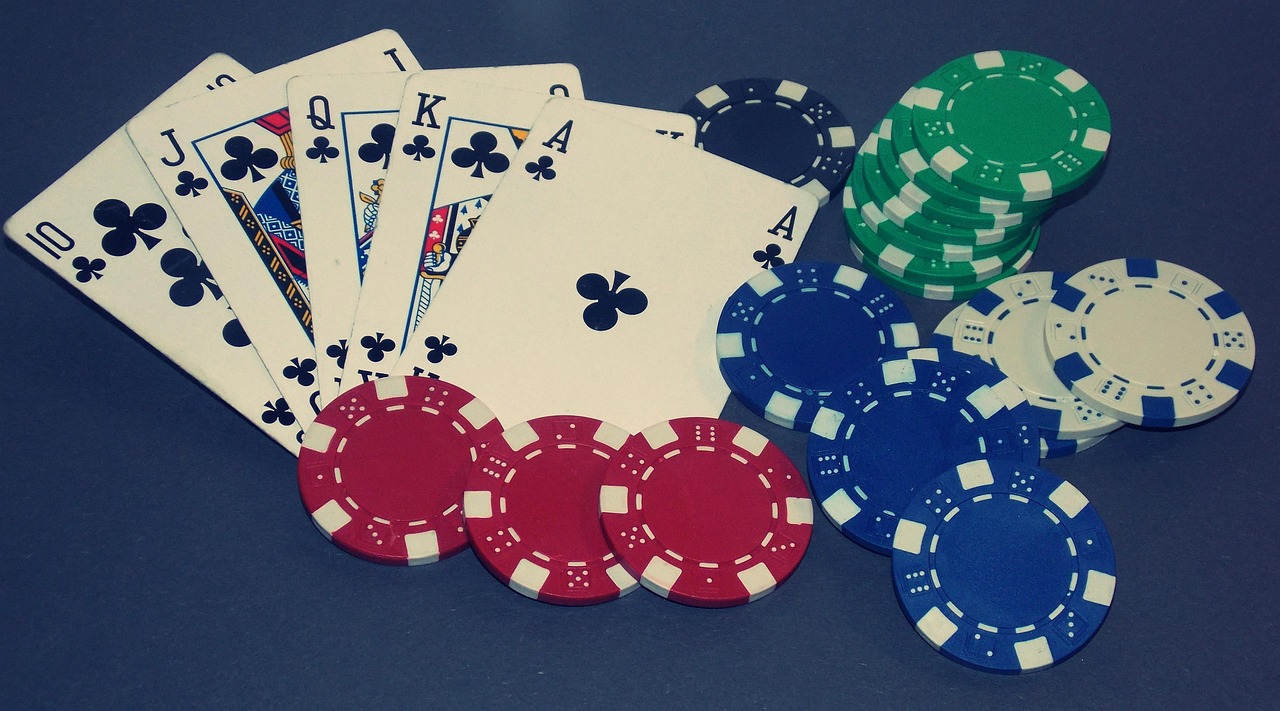
Table of Contents
- 1 Key Takeaways
- 2 Introduction to Poker and Decision-Making
- 3 The Role of Probability and Risk Management
- 4 Psychology and Reading Opponents
- 5 Emotional Control and Patience
- 6 Adaptability and Strategic Thinking
- 7 Focus and Concentration
- 8 Mathematics: Calculations and Theories
- 9 Real-Life Applications of Poker Skills
Key Takeaways
- Poker involves probability, risk management, and strategic thinking.
- Emotional control and adaptability are crucial skills learned from poker.
- The skills developed in poker are applicable in real-world scenarios like business.
Introduction to Poker and Decision-Making
Every hand dealt in poker presents a unique scenario where decision-making prowess is thoroughly tested. The game transcends simple luck, embodying a strategic and cognitive challenge that enthusiasts across the globe enjoy. By engaging deeply with this card game using high quality poker cards, individuals can sharpen their ability to make informed, strategic decisions. Integrating crucial skill sets like risk assessment, psychological manipulation, and emotional control, poker offers an experiential learning environment for refining decision-making capabilities.
While the face of poker might present an easygoing leisure activity, the strategic layers embedded in the game make it a sophisticated mental exercise. From novice players to seasoned professionals, each individual must navigate various complexities, making deliberate and strategic choices along the way. Developing decision-making skills through poker requires an appreciation of the nuances that every move and player dynamics bring. This article delves into how these interactions influence various facets of decision-making, offering valuable insights that apply beyond the gaming table.
The Role of Probability and Risk Management
Poker demands a solid grasp of probability, a mathematical discipline essential for thoughtful decision-making. Each round requires players to weigh the odds and make educated guesses based not on absolute certainty but on likelihood and potential outcomes. Similar to life’s uncertainties, poker offers a platform to practice managing risks with limited information. Mastery of psychological principles like risk management empowers players to navigate decision points strategically, minimizing the potential for loss while maximizing opportunities for gain. This realistic approach shapes a more analytical framework for evaluating everyday circumstances, nurturing a decision-making aptitude that encompasses logic, calculation, and adaptability.
Psychology and Reading Opponents
Beyond probabilities, poker is deeply entrenched in human psychology. It’s a battlefield where reading opponents becomes as crucial as having a strong hand. Players must interpret subtle emotional cues and discern betting patterns to anticipate their opponent’s moves. Mastering this critical skill not only involves understanding the opponent’s behavior but also controlling one’s own expressions and reactions. These psychological tactics are transferrable to negotiations and interpersonal interactions, where interpreting intent can significantly influence outcomes. By decoding these behavioral patterns, a player can strategically maneuver through the game, a technique that mirrors strategies employed in professional environments to achieve desired results.
Emotional Control and Patience
Emotional control is pivotal in poker. A player’s composure can mean the difference between a well-executed bluff and a costly tell. Poker encourages its participants to master emotional responses, as impulsive decisions might reveal strategic intentions prematurely. The virtue of patience aids players in waiting for advantageous opportunities rather than rushing into potentially unfavorable scenarios. This discipline also extends far beyond the poker table; in high-pressure environments, individuals benefit from keeping emotions in check and making pragmatic, measured decisions. Emotional intelligence, honed through poker, becomes a valuable asset, fostering calmness and rationality when navigating challenges.
Adaptability and Strategic Thinking
Adaptability is a requisite skill in poker, where each hand reveals varying circumstances and necessitates a quick reevaluation of strategies. Much like the unpredictable changes in daily life, poker trains players to think on their feet and devise flexible strategies. This skill is indispensable in competitive environments such as the workplace, where conditions often shift unexpectedly. Individuals can anticipate potential scenarios and respond with effective solutions by continually developing strategic thinking capabilities. These skills translate into enhanced career development, improving problem-solving efficiency and fostering resilience in the face of adversity.
Focus and Concentration
Poker promotes intense focus and sustained concentration, traits that players must cultivate throughout extended gaming sessions. Participants need to track every action on the table, remember previous plays, and mentally calculate potential outcomes. This meticulous attention strengthens concentration levels, contributing significantly to productivity in other areas requiring intense focus. Whether navigating detailed projects or managing complex tasks, the heightened awareness and attention to detail nurtured through poker enhance performance and efficiency, proving beneficial across diverse professional and personal undertakings.
Mathematics: Calculations and Theories
Poker is heralded as a game underpinned by mathematical logic, involving calculations such as pot odds and expected value. Engaging with these numerical theories sharpens players’ mental arithmetic and strengthens their ability to perform under pressure. Such mathematical proficiency becomes advantageous in fields requiring an analytical mindset and rigorous problem-solving skills. For career paths demanding quantitative analysis or data-driven decisions, the mathematical acumen honed from poker can prove incredibly beneficial, helping professionals navigate statistically significant considerations and enhance tactical decision-making.
Real-Life Applications of Poker Skills
The skillset cultivated through poker extends far beyond the felt table, finding a place in various real-world scenarios. Business leaders frequently credit their poker experiences when discussing decision-making processes and strategic frameworks within their organizations. Professionals adeptly navigate complex business landscapes by applying calculated risk assessments and strategic foresight they learned at the poker table. Techniques such as negotiation and critical thinking, refined through poker, seamlessly integrate into diverse professional contexts, enhancing leadership capabilities and decision-making acumen in today’s dynamic marketplace.


